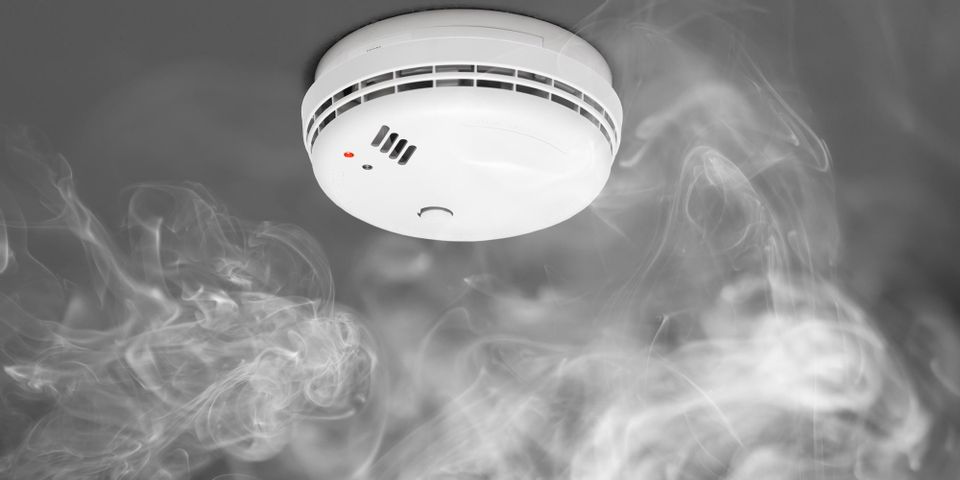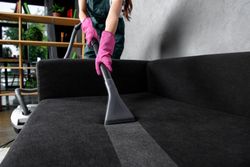How to Protect Your Family From Smoke Damage After a Fire

A fire can cause considerable damage to your home and its contents, but smoke damage caused by soot and smoke byproducts can have long-lasting effects, not only on your belongings but also on your health. Timing is critical to minimizing the impact of smoke damage, as well as protecting your loved ones. Learn how to mitigate the effects in the guide below.
The Dangers of Smoke Inhalation After a Fire
Smoke contains millions of microscopic particles comprised of carbon monoxide and other toxic elements, including plastics, asbestos, and chemicals from treated wood, carpet, and other unsafe combustibles. Because smoke can linger in the air long after a fire has ended, limit the exposure of people and pets.
Outside of mild discomforts such as watery eyes or a runny nose, smoke inhalation can also trigger upper respiratory issues like bronchitis and asthma, resulting in coughing attacks and shortness of breath. Inhaling smoke and byproducts, even for a short period, can cause immediate effects, especially in high-risk individuals, such as those with heart and lung conditions.
Removing smoke particles and their odors can be difficult and should be handled by a professional. If possible, find alternate lodgings for your family and pets to reduce their exposure until your home has been treated. If you must stay in the house, open the windows to promote ventilation. Reduce particle distribution in the air by changing the filter in your HVAC at least once a day until it no longer shows signs of soot.
Salvaging Your Belongings
 Restoring your belongings after a fire can be difficult, and attempting it without following the proper procedures can result in further damages.
Restoring your belongings after a fire can be difficult, and attempting it without following the proper procedures can result in further damages.
While it is advised that you hire a professional to help with smoke damage cleanup, there are steps you can take in the meantime to help salvage certain household items. Prevent rust stains on your carpets by placing aluminum foil or wood blocks between furniture legs and carpeting made wet when the fire was extinguished.
Cover any clean items with plastic to prevent re-soiling during cleaning. Avoid trying to clean carpets, upholstered furniture, draperies, or other textiles on your own as the oils from the soot will smear into the fabric, making it more difficult to clean.
Smoke odor can remain in clothing and fabrics indefinitely unless properly deodorized; common DIY methods such as aerosol sprays, perfumes, and disinfectants typically only mask odors or interact with the chemicals in the smoke, potentially making it worse. Consider taking soiled garments to a dry cleaner, or work with a certified fire damage restoration technician.
If you've endured a fire, contact the professional team at Elite Contracting & Consulting in Saint Louis, MO, for high-quality restoration efforts designed to preserve and restore your home and your belongings. With 24/7 emergency services, their team is on-call when you need them the most. Request service today at (314) 797-5220, or visit their website to learn more about their restoration efforts.
About the Business
Have a question? Ask the experts!
Send your question

